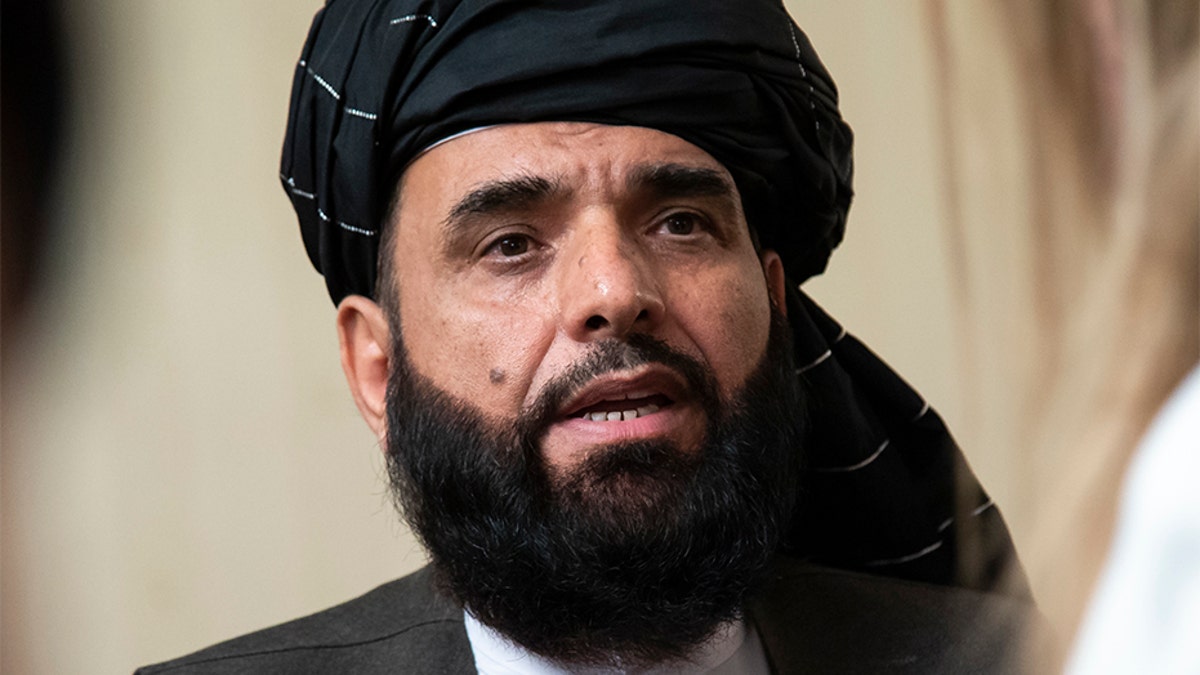Taliban fighters continue to attack Afghan forces despite reduction of violence agreement with US
Taliban commanders claim they have not received fresh orders to stop attacking; Mike Tobin reports from Jerusalem.
The weeklong “reduction in violence” agreed upon by the U.S. and Taliban is set to go into effect Friday night in Afghanistan, starting a countdown clock to when both sides will sign a peace deal that would bring an eventual end to the 18-year conflict, an official says.
A senior U.S. State Department official told the Associated Press that after the seven-day period passes, the long-sought-after agreement between the U.S. and the Taliban will be approved at the end of the month in Doha, Qatar, paving the way for a withdrawal of U.S. troops.
“We are preparing for the signing to take place on February 29," U.S. Secretary of State Mike Pompeo said in a statement issued Friday. “Intra-Afghan negotiations will start soon thereafter, and will build on this fundamental step to deliver a comprehensive and permanent ceasefire and the future political road map for Afghanistan. ‘’
Under the terms of the “reduction in violence" — which covers all of Afghanistan and also applies to Afghan forces — all sides have committed to end attacks for a seven-day period. For the Taliban, that includes roadside bombings, suicide attacks and rocket strikes.

In this 2019 file photo, Suhail Shaheen, spokesman for the Taliban's political office in Doha, speaks to the media in Moscow, Russia. The countdown to the signing of a peace agreement between the Taliban and the United States to eventually end the 18 years of war in Afghanistan will begin on Friday night, when the seven-day “reduction of violence" promised by the Taliban will go into effect, a senior U.S. State Department official said. (AP)
WHAT TO KNOW ABOUT THE US-TALIBAN PEACE TALKS
The deal to be signed on Feb. 29 also envisions guarantees from the Taliban that Afghanistan will not be used to attack the U.S. or its allies, the Associated Press reports. It provides for the phased withdrawal of American and other foreign forces from the country over 18 months.
“Both parties will now create a suitable security situation in advance of agreement signing date, extend invitations to senior representatives of numerous countries and organizations to participate in the signing ceremony… and finally lay the groundwork for peace across the country with the withdrawal of all foreign forces," the Taliban said in a statement Friday.
The peace deal also calls for the release of 5,000 Taliban prisoners, most of whom are being held in jails run by the Afghan government. Although the U.S. has already discussed the prisoner release with government representatives, there has been no public announcement about it from President Ashraf Ghani's government.
The Taliban, in their statement Friday, added they will not allow “the land of Afghanistan to be used against security of others so that our people can live a peaceful and prosperous life under the shade of an Islamic system."
CLICK HERE TO GET THE FOX NEWS APP
However, it's still not clear who will represent Kabul at the negotiation table for the intra-Afghan talks, considered a key pillar in finding a lasting peace in the war-torn country. The Afghan election commission earlier this week declared President Ashraf Ghani the winner of the presidential elections held in September, but his rivals quickly denounced his win.
The Taliban have refused to talk to Ghani's government and also denounced the election results, saying they will talk to government representatives but only as ordinary Afghans.
The Associated Press contributed to this report.


